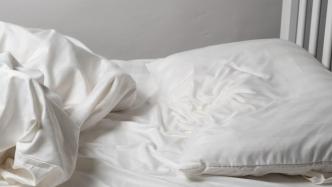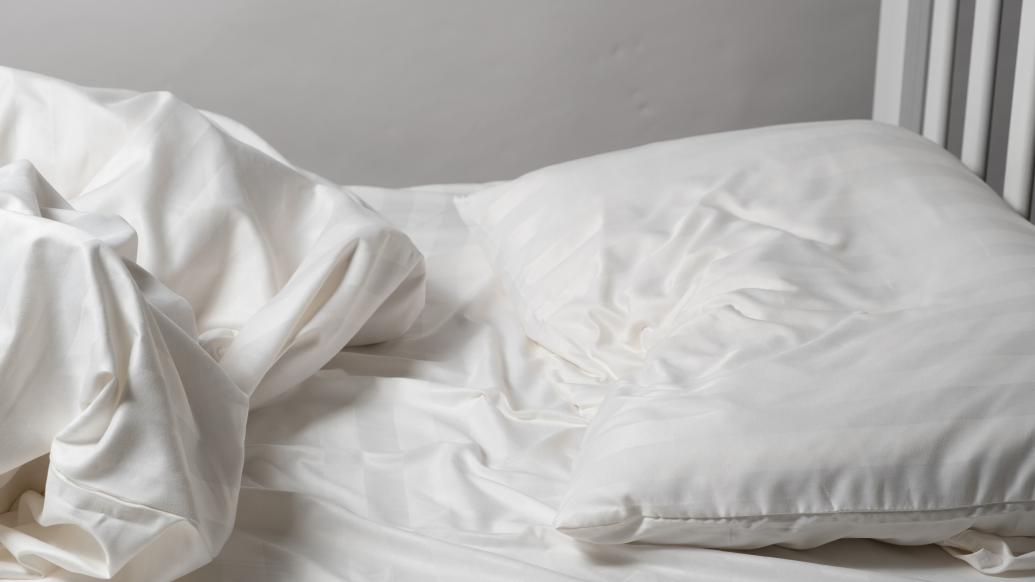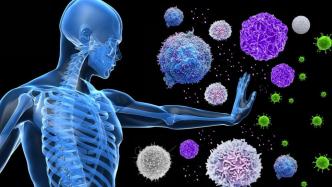

Men are less protected than women from the COVID-19 vaccine, and obese people are less protected than non-obese people, according to researchers. These are factors beyond individual control, but you can change your sleep.
We all know that sleep is important for mental health, but a meta-analysis published online March 14 in Current Biology, an academic journal from Cell Press, finds that good sleep is also important. Help our immune system respond to vaccinations.
The researchers found that people who slept less than six hours a night produced significantly fewer antibodies than those who slept seven or more hours a night, a difference equivalent to two months of weakened antibodies.
The title of the paper is "A meta-analysis of the associations between insufficient sleep duration and antibody response to vaccination."
The corresponding author of the paper is Karine Spiegel, a researcher at the French National Institute of Health and Medical Research.
Eve Van Cauter, co-author of the paper and professor emeritus at the University of Chicago, said: "Good sleep can not only enhance immunity, but may also extend the protection period of vaccines."
When the COVID-19 pandemic hit and mass vaccination became an international priority, Eve Van Court, Karin Spiegel and others set out to summarize the current knowledge on the impact of sleep duration on vaccine response. They combed through the literature, then combined and reanalyzed the results of seven studies of vaccination against viral infections (influenza, hepatitis A, and hepatitis B) compared with people who slept "normally" (according to the National Sleep Foundation study of healthy adults). Recommendations, sleep duration 7-9 hours) and antibody responses in "short sleepers" who sleep less than 6 hours per night, and effects in men and women, and in adults over 65 years and young adults.
They found that getting less than six hours of sleep per night reduced the immune response to the vaccine. However, these results were only significant in men and varied more in women. The difference may be due to fluctuations in sex hormone levels in women, the authors said.
"We know from immunology studies that sex hormones affect the immune system," Spiegel said. "Women's immunity is affected by menstrual cycles, contraceptive use, menopause and postmenopausal conditions, but unfortunately , none of the studies we reviewed had data on sex hormone levels."
Sleep deprivation had a greater negative impact on antibody levels in adults aged 18 to 60 than in people over 65. Because older people usually sleep less. The change from 7 to less than 6 hours of sleep per night was not as large as the change from 8 to less than 6 hours of sleep per night.
This time around, some studies directly measured sleep duration, while others relied on self-reported sleep duration. In both cases, shorter sleep duration was associated with lower antibody levels, but the effect was stronger in studies using objective measures of sleep, possibly because people are so bad at estimating how much sleep they sleep .
"When you look at the variability in the protective effects of the COVID-19 vaccine, men are less protected than women, obese people are less protected than non-obese people. These are factors that are out of individual control, but you can change Your sleep," said Eve Van Court.
